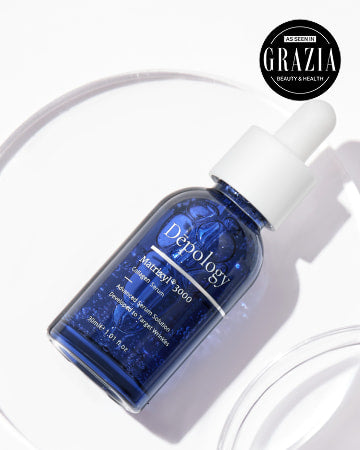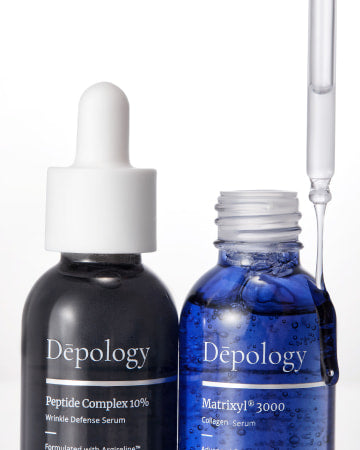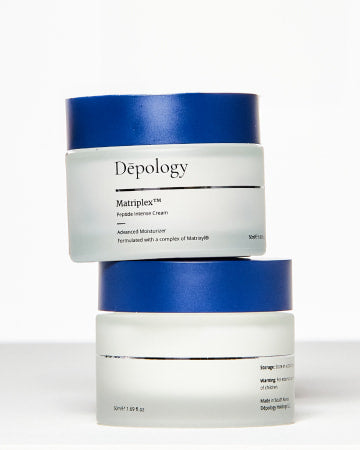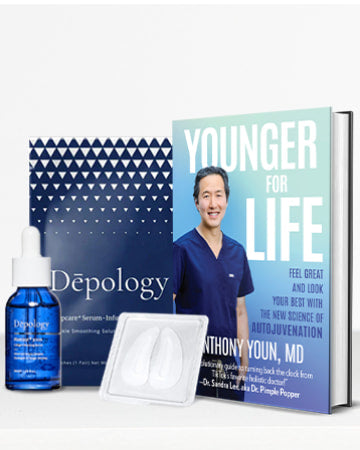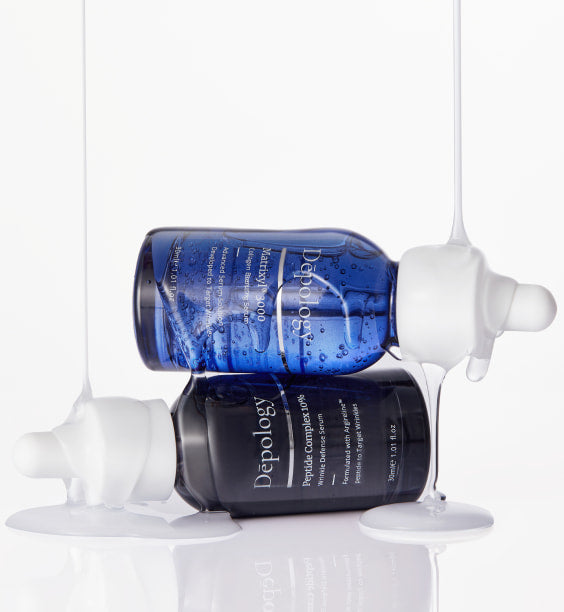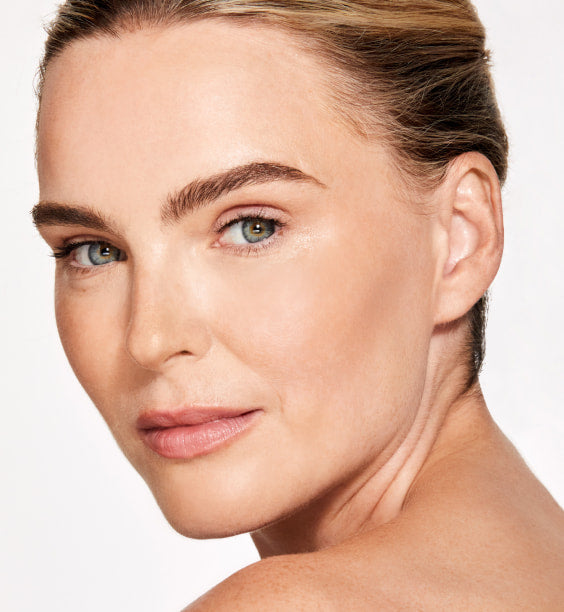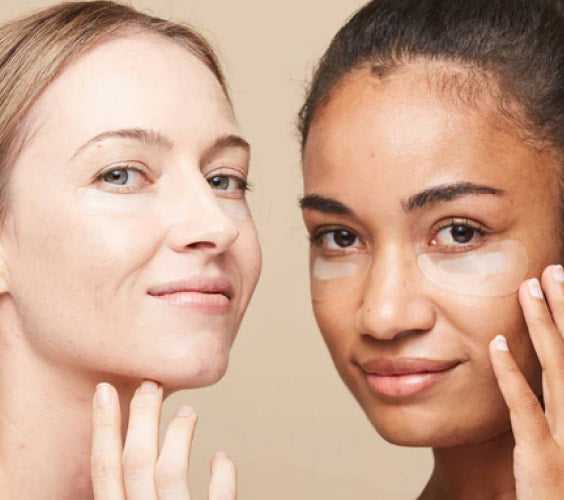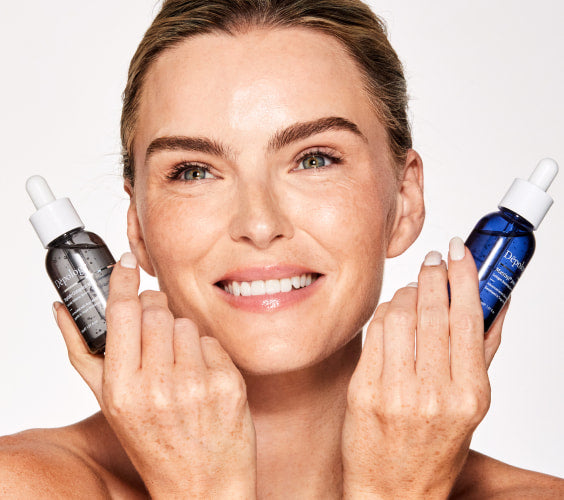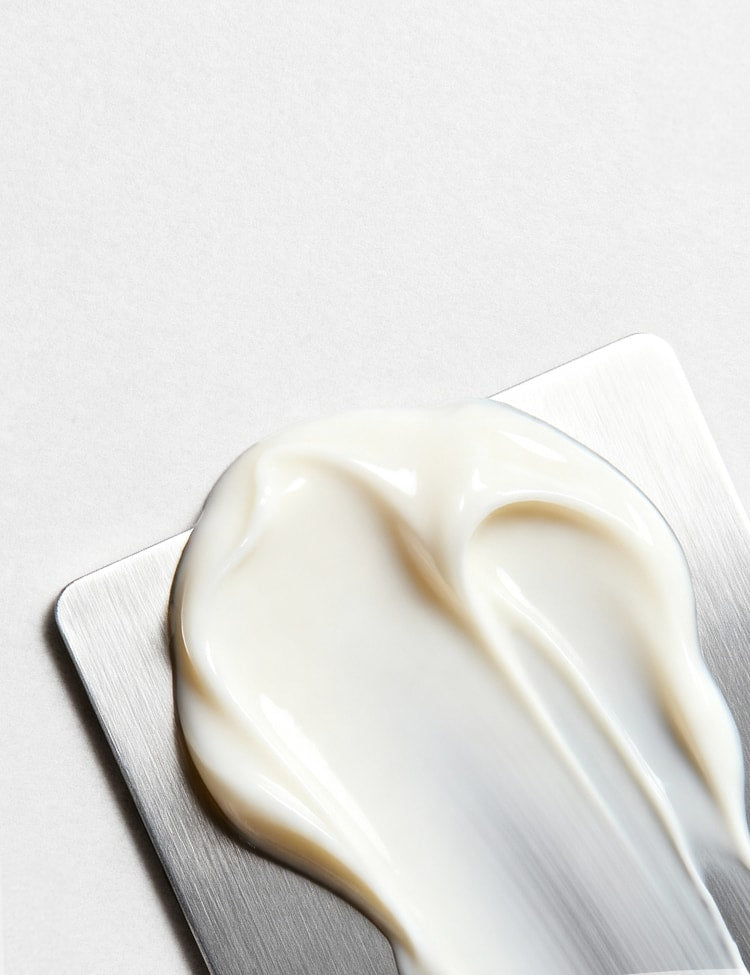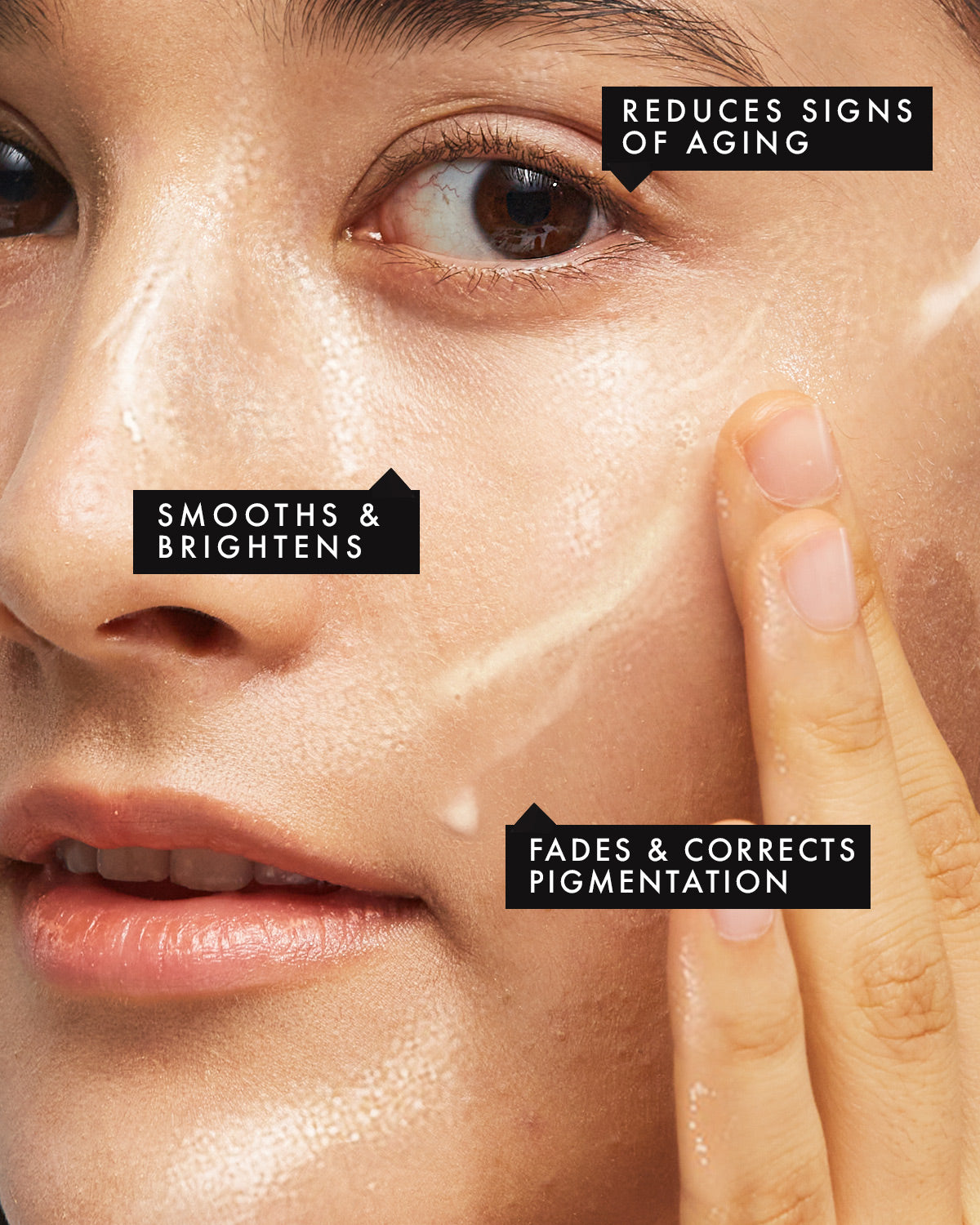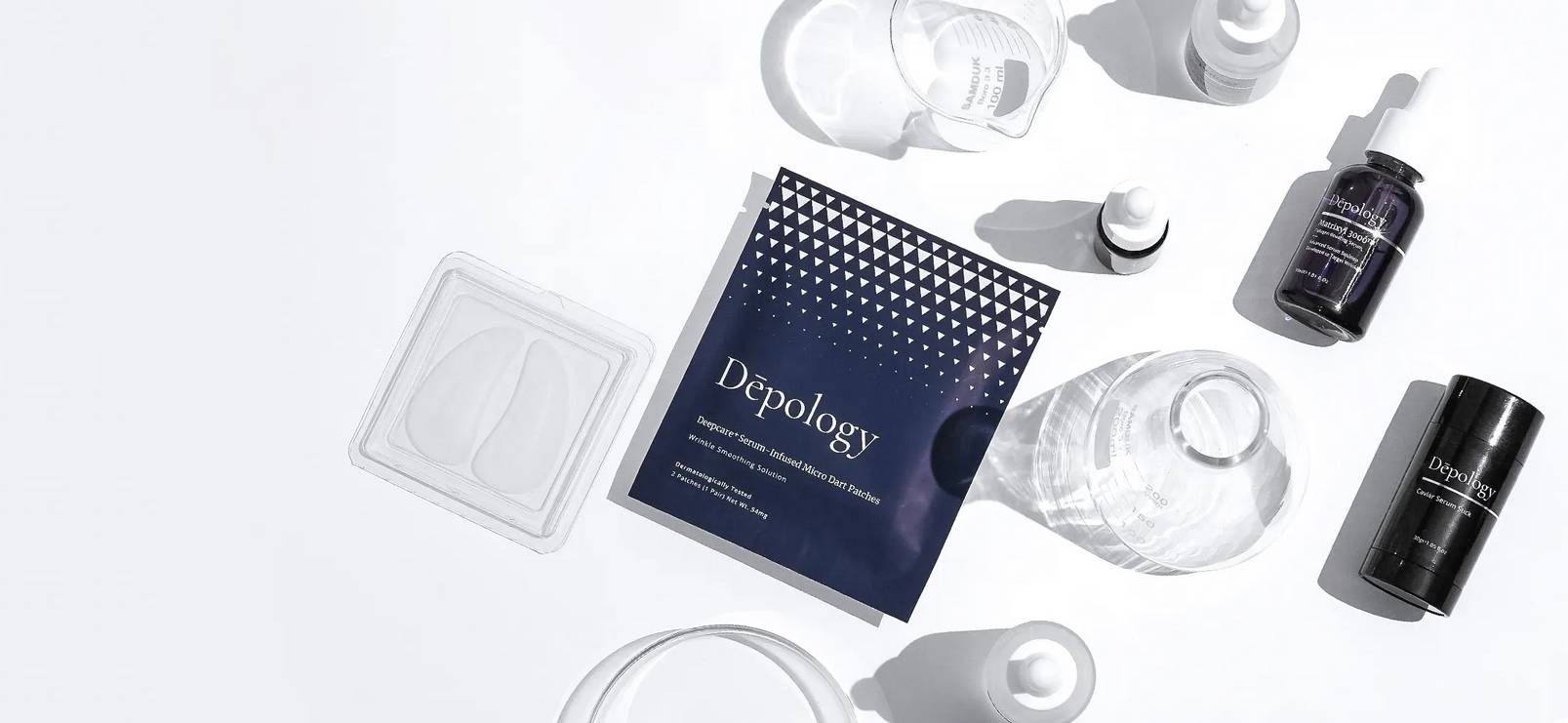
15 Toxic Ingredients To Avoid In Skincare Products
In the age of the internet and information sharing, we know how important it is to take care of our skin. Growing older brings about changes in the skin and often means being extra vigilant in what we put on our skin. However, with so much information out there, it can be challenging to decipher all of the complicated skincare formulas. We completely understand, so we've compiled a list of 15 toxic ingredients to steer clear of to help give your skin the best care possible. As you explore this list of skincare no-nos, you'll be surprised at what you should be looking out for (and avoiding!).
Why Non-Toxic Skincare?
When it comes to skincare products, avoiding toxic ingredients is incredibly important, not only for preserving the health of your skin but also for keeping your body away from harmful chemicals. While many store-bought skincare items can boast attractive benefits, they may also contain semi-poisonous substances that can lead to numerous adverse long-term side effects such as headaches, dizziness, and skin irritation. Toxic ingredients can accumulate in our bodies over time, creating even more severe health concerns. It pays to give your skin the best possible care by opting for non-toxic skincare products instead.
15 Toxic Ingredients To Avoid In Skincare Products
It's not always easy to tell what's in the products we're putting on our skin, but we can sometimes catch a glimpse of the ingredients on the label. Here's a list of 15 common toxic ingredients to avoid:
- Parabens: Used as preservatives in makeup and skincare. Linked to hormonal disruption and potential cancer risks.
- Triclosan: An antibacterial agent affecting hormone levels. Best avoided for long-term health.
- Benzophenone: Used in sunscreens and moisturizers. Linked to endocrine disruption.
- Phthalates: Often hidden under “fragrance.” Known hormone disruptors. Opt for fragrance-free skincare.
- Formaldehyde: A known carcinogen found in many cosmetic products.
- Sulfates: Lathering agents linked to irritation, dryness, and rough texture.
- Petroleum: Can block absorption of nutrients and introduces environmental toxins.
- Polyethylene Glycol (PEG): Can penetrate the skin, causing irritation and stripping natural oils.
- Talc: Used in powders; linked to inflammation and possible ovarian cancer.
- BHA & BHT: Chemical preservatives potentially carcinogenic and hormone-disruptive.
- Mineral Oils: Clog pores, block nutrients, and strip the skin of essential vitamins.
- DEA: Creates foamy texture but linked to hormone disruption and cancer.
- Synthetic Colors: Can irritate skin and may be associated with cancer risks.
- Lead: Found in some cosmetics. Toxic and harmful to the brain, kidneys, and reproductive system.
- Phenoxyethanol: A preservative linked to irritation, immune suppression, and endocrine issues.
If you come across any of these ingredients in your skincare products, it's likely in your best interest to look for something else.
Other Ingredients To Avoid In Skincare
Some additional ingredients to avoid include: dimethicone, retinyl palmitate, PVP/VA copolymer, hydroquinone, oxybenzone, and thimerosal. When selecting new skincare products, choose those labeled non-toxic for greater safety.
The Final Verdict
Taking care of our skin is incredibly important and should be done with caution. As you explore skincare options, read labels carefully and be mindful of the toxic ingredients listed above. Choosing non-toxic skincare is the best path to long-term skin health—your skin will thank you!


